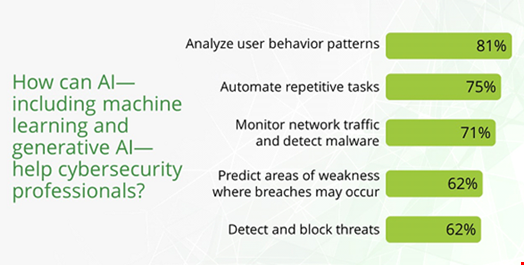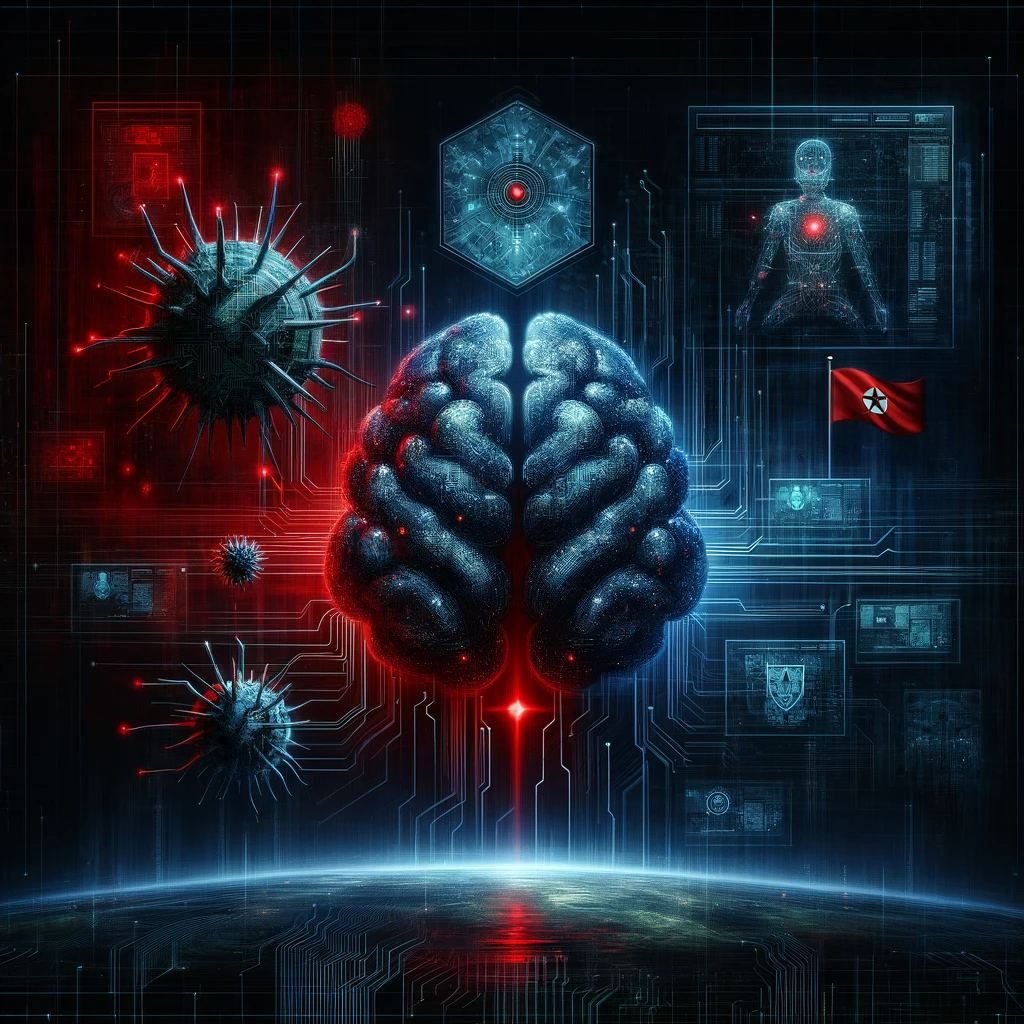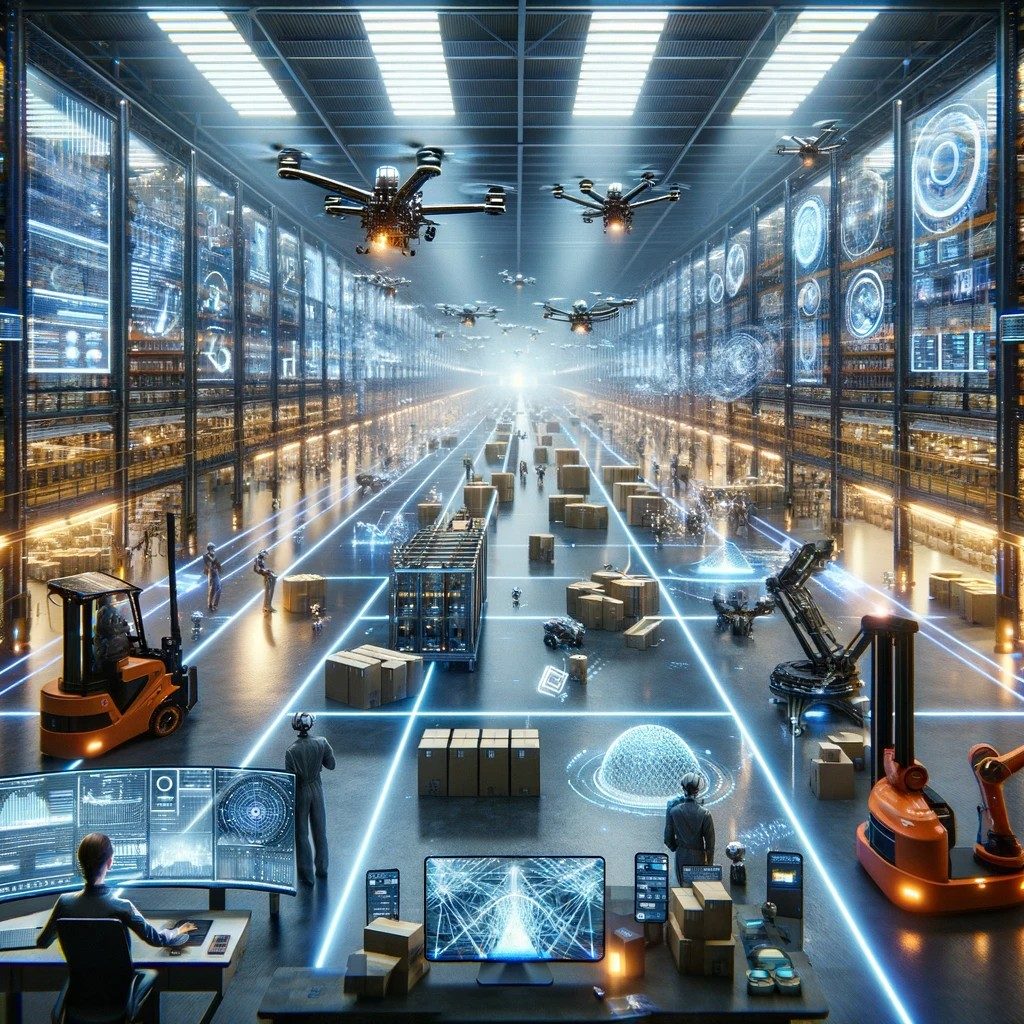However, the research with ZDNet. An authoritative publisher in this area proves that of the respondents identified as IT professionals and executives, only 63 percent find the implementation of indirect AI beneficial to their organization. The world of cybersecurity that the above statistic portrays demonstrates that the original knowledge gap is rapidly closing up, with people becoming more attuned to the possibility of AI being able to up the ante in online defenses.
Leveraging AI for improved cybersecurity: A global trend
According to the statistics, 55% of organizations globally are planning to apply artificial intelligence (AI) in the cybersecurity field. This year, Google Cloud happens to be collaborating with the Cloud Security Alliance (CSA), as stated in the Microsoft report. Besides, this is a big contribution to AI; on the other hand, cybersecurity is not the only purpose of AI. AI will bear 21% of the functions, meaning it can build security rules conducive to developing the cybersecurity aspects that take complex and multi-faceted shapes.
It was the largest party with the biggest block, which had 34% votes, this being true for those individuals who would be the most positively impacted by AI in their lives. It means that human beings will remain in a control position, which stresses that AI does not intend to replace humans but to be thought alongside. However, 58% of all the Respondents expressed the baffling opinion that artificial intelligence will benefit us but will bring new skills to the market and make AI work for us. Namely, the AI job opening is favored by the respondents to the AI job dismissal.
Striking a balance: Complementary tool versus complete replacement
Correspondingly, reports on information security delivered one irrefragable truth, which leads to an important challenge, “how will robots affect the number of human workers in security teams?” and “The dominant position of the person in the team will still be there. This report focuses mainly on an AI AI a will as it is on the surface. This will minimize the gap in the expertise of cybersecurity workers, which is a huge cycle. In addition, critics have expressed their fear of new danger regarding AI, a second threat to mankind, by actualizing the overdependence on AI technology in society.
While doing research, we spotlight crucial things that we may refer to. AI-based cyber security is an undertaking that human efforts will technically perform via our free will. The coming of AI-equipped technologies to battle the cyber menace and defend the organization from the changing cyber scourge necessitates serious responsiveness to its impact while protecting the highly skilled workforce with vast and unmatched knowledge built up throughout their careers.
The AI in cyber security systems is a part of cyber security in which it is a key element –- the new trend mode of recognizing the cyber threats and fighting them back, which it brings. No matter if AI is of the above concern, it is one of the solutions that can be used singly or together with other tools to heighten the level of protection for cyber systems and greatly help professionals in these fields as they implement it.
Apart from these, some factors should be noticed because AI is not just a universal remedy but it can always give rise to the issues and bring some blind spots. AI, which serves as a facilitator, behind the scenes, of a security system that is human-inspected, will cause the security system to develop to the point at which it can tackle the increasingly intricate risks presented by cyber offenders who constantly develop adaptable and difficult-to-defeat modus operandi.
Original story from: https://cloudsecurityalliance.org/artifacts/the-state-of-ai-and-security-survey-report





